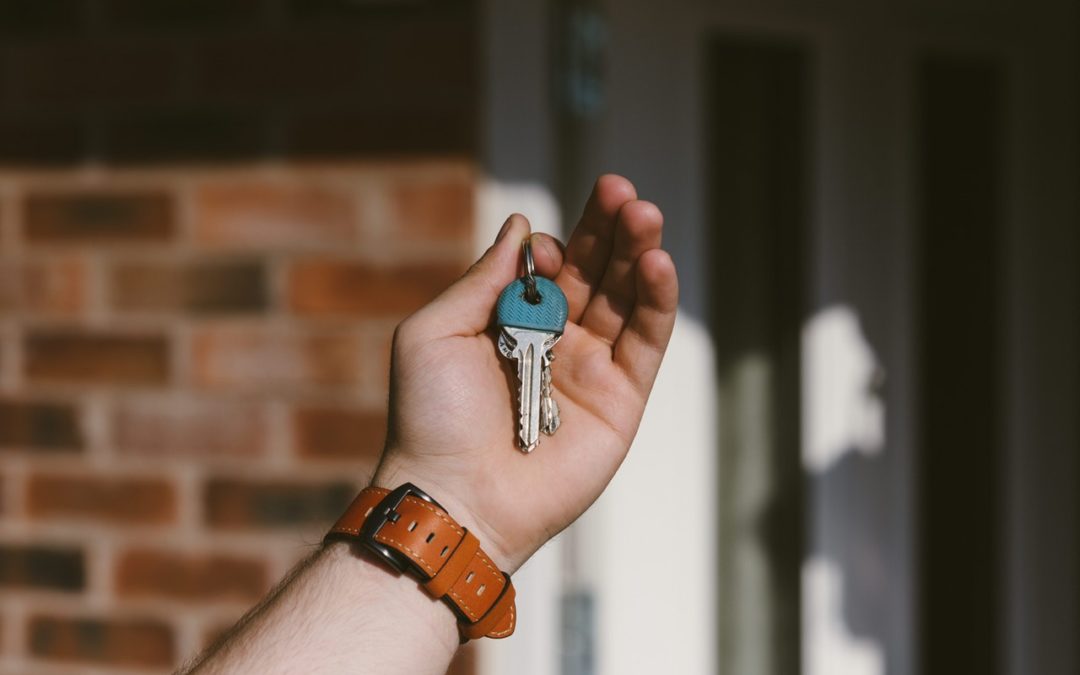One of the biggest criteria that lenders in the mortgage application process consider is the credit score. It’s like your entire financial career summarized into three tiny digits. But don’t let those three digits fool you. They can look harmless enough, but they can spell the difference between getting the best deal of your life to the worst deal you’ve ever gotten. They can spell the difference between your dream house and an overpriced nightmare.
Due to the credit score’s massive importance, it is important to understand what each score entails. If I’m planning to buy a house, how big of a score do I need? What if I have this score, can I still buy a house? Do I need to have excellent scores to buy a house? How high a score should I have in order to score the best deals? These are the types of questions that you can have prior to buying a house, especially if you’re not confident about your scores. That is why it is important to exercise due diligence, not only in researching the best houses, but also in looking for the best terms.
Here, we will be looking at the relationship between credit scores and mortgage – what is a good score to buy a house, the minimum score you need to get a mortgage (by type), and what interest rate you can get for your score.
Good Credit Score to Buy a House
There is no straightforward rule that governs the credit scores needed to buy a house. The world of mortgages is not really that simple. Of course, if you have an excellent score, like maybe higher than 660, then you don’t have to worry about anything. Anything below 660, however, is an entirely different story. While you can still get you a loan, the terms can get murkier and less desirable, but can still be turned around depending on other criteria (such as reliable source of income, high number of assets).
The absolute lowest credit card that can still buy you a house would probably be somewhere around a 500 FICO score. While there are lenders that choose not to extend a mortgage to those with very poor credit, there are still some that may allow a loan agreement but with less than agreeable terms. With that kind of score, you might actually be better off working on improving your credit score rather than trying to secure a loan or mortgage.
Minimum FICO Scores Needed by Mortgage Type
- Federal Housing Administration (FHA) Loan – 580+
- S. Department of Veteran Affairs (VA) Loan – 620+ (some lenders may require 580)
- S. Department of Agriculture (USDA) Mortgage Program Loan – 640+
- Federal Housing Administration 203K (FHA 203K) Loan – 620+
- Conventional Loan – 620+
Interest Rates for Each Credit Score
There are actually no guaranteed interest rates for each specific credit score. But they can still be predicted depending on several factors. In this case, let’s assume that the highest standards for all other criteria in the loan application are met and that you are able to pay 20% of the home value as down payment. You also have additional savings in case of an emergency and your income is at least three times your total payment. Now that we’ve laid out all of our assumptions, we can now see how your credit score can affect the amount of interest that you get.
Please take note that this is only a rough approximation on the effect and should not be taken as a complete guide. The true values for the interest rates per specific credit score will vary depending on a wide spectrum of factors, which will all depend on your lender.
- Excellent (760 – 850) – Interest rates will not be affected by your credit score, thus giving you the lowest possible rate available.
- Very Good (700 – 759) – Interest rates are minimally affected by your credit score, thus giving you interest rates 0.25% higher than the lowest rate available.
- Good (600 –699) – Interest rates are slightly affected by your credit score, thus giving you interest rates up to 0.5% higher than the lowest rate available.
- Moderate (620 – 659) – Interest rates are affected by your credit score, thus giving you interest rates up to 1.5% higher than the lowest rate available.
- Poor (580 – 619) – Interest rates are seriously affected by your credit score, thus giving you interest rates of up to 2-4% higher than the lowest rate available.
- Very Poor (500 – 579) – Interest rates are gravely affected by your credit score. In fact, you should be surprised if you are offered a mortgage. If you are, you will be paying absurdly high interest rates. You will be better off working on a way to increase your credit score in order to get better rates in the future.

